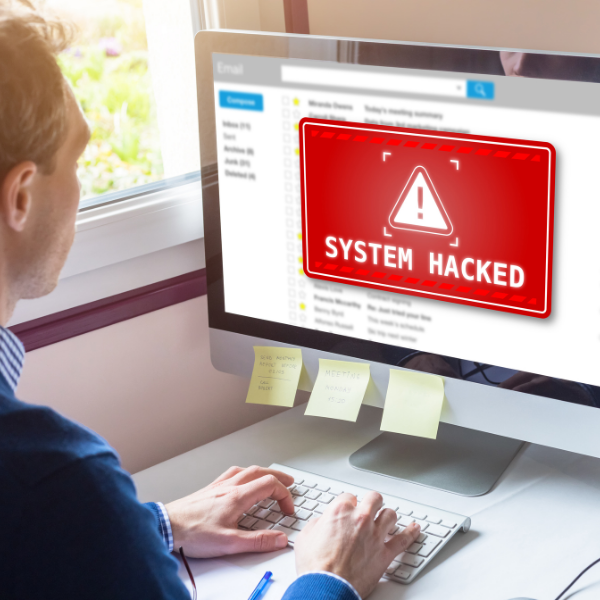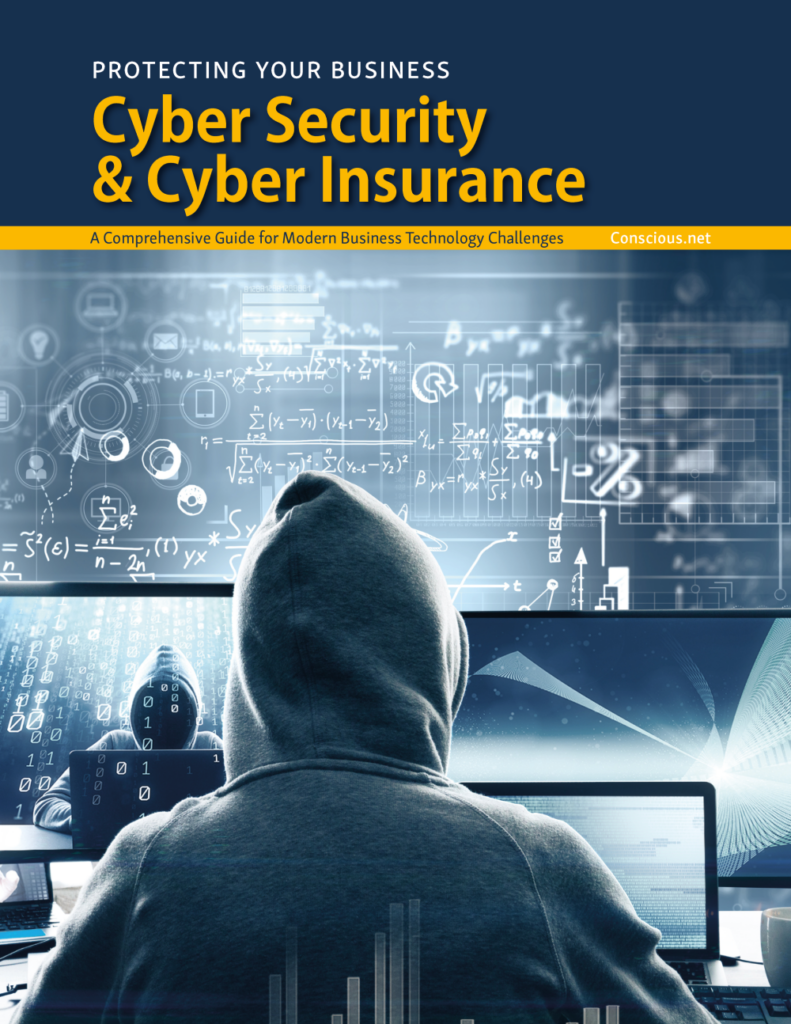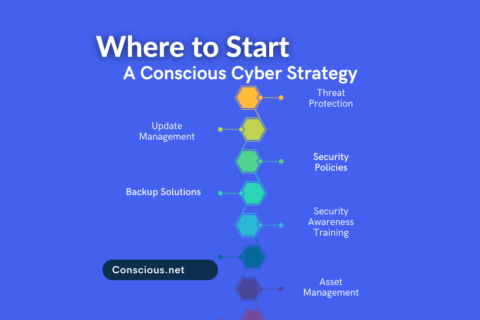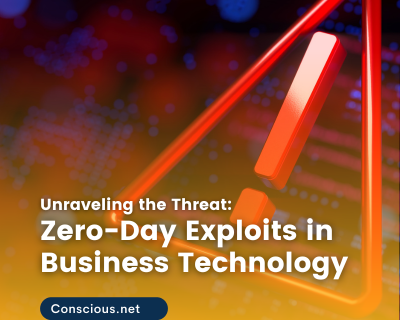The Biggest Business Risk is Endpoint Security

In today’s global business environment, data is the key to every successful business. Cyber criminals are tirelessly engaged in finding vulnerabilities in your network, the cloud, and through your users. While anti-virus and anti-malware can do much of the heavy lifting, the number one risk to your business’ data may be your employees. For these reason, endpoint security is more important than ever! Here are a few ways you can be proactive in protecting your business data.
Risks to Your Business’ Data
Not only is business data integral to sales and revenue, it’s often the intellectual property that makes your business viable and profitable. It’s the CEO job to understand the data. It’s the CFO’s job to interpret the data, and it’s the CIO’s job to protect it. After all, the Ponemon Institute’s report finds that “data breaches cost companies an average of $3.6M.” So, the question becomes not only how to protect the data but also how to minimize the risks and potential costs.
Why Your Employees May be the Biggest Risk
Employees are the users authenticated to interact with your data and, therefore, can provide the easiest path to infect your data or hack your network. Unknowingly, employees can place your data and your infrastructure at risk with one click. These endpoints such as laptops and mobile devices are a big area for evaluation and Phishing emails are the easiest path. Hackers can make an email seemingly legitimate by using contact names and even message content that are familiar to the employee.
It’s important to educate users as well as identify and address end-user behaviors. Many companies launch regular phishing campaigns designed to test users. These emails and texts lure employees to click, so that you can identify the employees who may be placing your business at risk. This provides an educational and training opportunity for users who may, unknowingly, be placing your data at risk.
Another great benefit of these mock campaigns is that it creates a culture of awareness and reporting protocols among your users. By providing an incentive to employees who report suspicious content, you may be able to alert IT of any real hacking attempts as well.
One client automatically enrolls employees, who fail the company’s phishing campaigns, in required courses to further educate them. In addition, employees are encouraged and even rewarded for reporting suspected phishing attacks to IT. This type of reward culture is critical to user behaviors.
Endpoint Security
The security of your network is paramount to daily operations. While anti-virus and anti-malware can provide a high level of protection to your data and network, few things are more effective in preventing cyber-criminal attacks than educating your users and employees. This type of training for endpoint security is very effective.
Many companies, like Conscious Networks, initiate mock phishing campaigns to test employees and evaluate overall risk factors. This provides valuable information on vulnerabilities and critical areas for education and training. It’s also a critical component of endpoint security. After all, the best software in the world, may be defenseless if a user inadvertently clicks on harmful links that provide hackers access to your network. For this reason, ongoing education and training is key.
CyberSecurity Goes Beyond Software
As Tiffany Franklin of Optiv, points out in this video conference, not only does employee training educate users on cyber threats, but it also provides a “correlation” to an employee’s feelings of empowerment at work … which can lead to more reported incidents of phishing and fewer malware incidents for the company.” This correlation is an important concept because it indicates that cyber threats go well beyond software.
It goes without saying that cyber threats are ever-changing, so it makes sense that the ongoing education and training of your employees should be also. Questions to consider:
- Have you implemented mock phishing campaigns to assess employee risk?
- How do you train and educate employees on the latest cyber threats?
- How does your IT department or Managed Services Provider communicate information about cyber attacks to your end users? What is the frequency of communication?
- Do you incent employees to report suspicious threats?
- Has your network been evaluated and secured for a hybrid work force?
Evaluating the risk and threats to your business’ data and infrastructure is an important strategy for the long-term success of your business. Outsourcing this task to experts can free up your leadership and internal IT staff’s time and resources. It also can provide valuable intelligence to protect you from the latest hacks and cyber risks. Contact the End-to-End Technology Advisors at Conscious Networks to schedule a consultation or risk assessment.



